Carrying On a Basque Tradition at Le Chalet Basque, La Puente
January 21, 2010
Update: The Chalet Basque closed in 2010, after co-owner Steve Osowiecki passed away.
The waitress piled grilled lamb chops and roasted garlic chicken onto plates at the monthly barbecue at Le Chalet Basque, a tradition that has endured for nearly 50 years at the La Puente restaurant in Southern California.
The diners, plates in hand, moved down the food line as they were served pinto beans, macaroni salad, French potato salad (with no mayonnaise) and tossed green salad with a home-made house vinaigrette. They made sure to grab slices of fresh sourdough bread from the wicker basket before sitting at the long tables, which were lined with platters of blue cheese. Bottles of red wine are de rigueur.
It was a recent Saturday night — the first one of the month. And all of the customers had been to La Puente’s Chalet Basque many times before.
MORE STORIES FROM EUSKAL KAZETA
Basque Restaurants in the U.S.
Basque Restaurants in Southern California
Five Generations of Basque Cider
“We’ve brought a lot of people here,” said Bill Gooding, who was there with his wife, four daughters and some friends. They’ve been coming to the Chalet for 15 years.
La Puente’s Chalet Basque has featured its Basque barbecue on the first Saturday of each month since 1962, when the restaurant business was bought by Danielle (Arretche) Osowiecki and her brother, Jean Pierre “Pampi” Arretche. Sister Christiane “Kiki” (Arretche) Gillette joined the business for a few years. Today Osowiecki and her husband Steve keep the tradition going.
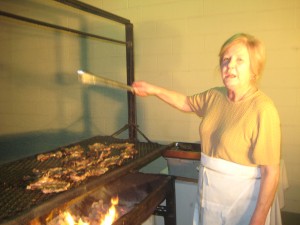
At the time, the business was a modest restaurant called the French and Basque. But the Arretches turned it into an elegant eatery that became a popular place in La Puente.
The business community of Industry and La Puente have patronized it for years as a favorite lunch spot. Former Industry mayor John Ferraro, an Italian married to a Basque, used to be here all the time, noted Osowiecki.
On a recent Saturday night, Osowiecki reminisced about running the restaurant for the last 48 years. The place has seen busier times, but the reminders of times past — and Basque culture — were everywhere.
The wall of the main dining room is decorated with a colorful mural of a sheepherder watching his flock of lambs in the Basque country. The scene is typical of the countryside of Esnazu, Nafarroa Beherea where the Arretche-Zubiri family claims its roots. The Arretches’ uncle, Jean Pierre Zubiri, also owned it for a stretch, keeping up the successful monthly Basque barbecues.
In its heyday, the barbecue attracted 150 to 200 people to the banquet room in the back of the restaurant. Osowiecki remembers when Channel 7 newscaster Henry Alfaro and his wife Carol ate standing up in the kitchen because the place was so packed. In the 60s, the dinner was $2 a plate, including wine.
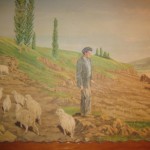
Basque accordion music was a key feature of the tradition, as diners stayed to dance fandangos, polkas and waltzes after eating. Basque youth flocked to the restaurant for the cultural party. Lawyer Mike Bidart played the accordion for several years when he was young. Later came Joe and Grace Cadwell. Today young people prefer to hit the bars, while the older immigrant generation that popularized the barbecues is dying off, noted Osowiecki.
The roots of the Basque community in La Puente run deep. Attracted by the open land, former sheepherders settled in the agricultural area in the first half of the 20th century.
Many of them stayed in four boarding houses in the small downtown. Some were employed by the French American Bakery, a mainstay at the corner of 2nd and Main streets in downtown La Puente, next to the Chalet. A former handball court behind the Chalet was a gathering spot.
The La Puente Handball Club on Amar Road, formed in 1939, was another local anchor point of Basque culture. Basques helped build the club’s handball court, playing there every weekend and hosting a monthly dinner.
In recent years, the town’s historic downtown, along with the local Basque community, has lost much of its vitality. But Le Chalet Basque is still in business, thanks in part to its loyal clientele and new customers who have little, if any, link to the area’s rich Basque history. They love the restaurant’s French Basque cuisine. A group of young clients who rent the banquet room for monthly parties ask Osowiecki for “that funny soup with garlic,” she noted, smiling, referring to Basque garlic soup, traditionally eaten at the end of the night to prevent hangovers.
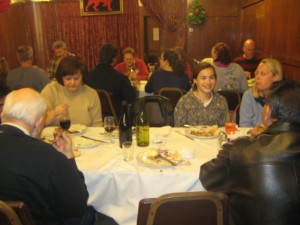
The lamb is what brings Eric Blackshaw of San Dimas coming back “damn near every month,” for the past six years. He was there with his girlfriend and two friends. “I was raving about the lamb tonight,” he said.
Forty years later, the all-you-can-eat meal is still a deal at $15, although the traditional red wine is no longer included in the price. Bottles are $7. Kids 7 and under are free.
Le Chalet Basque
119 N. Second St.
La Puente, Calif.
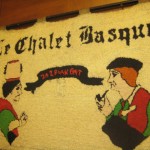
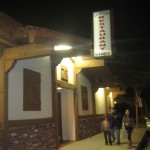
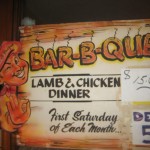

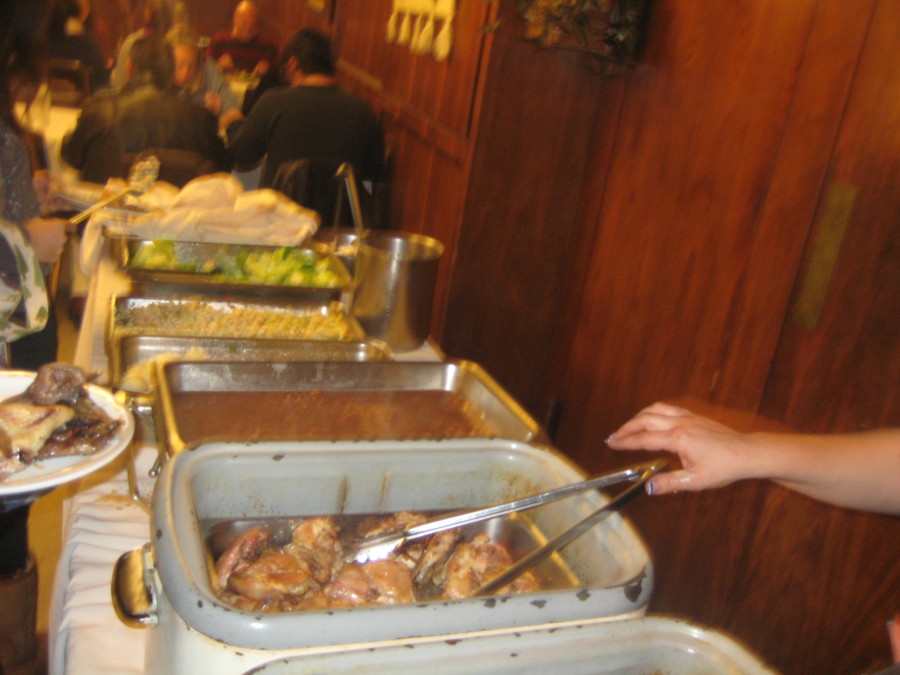

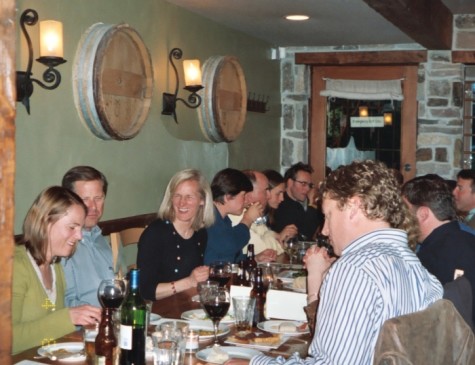
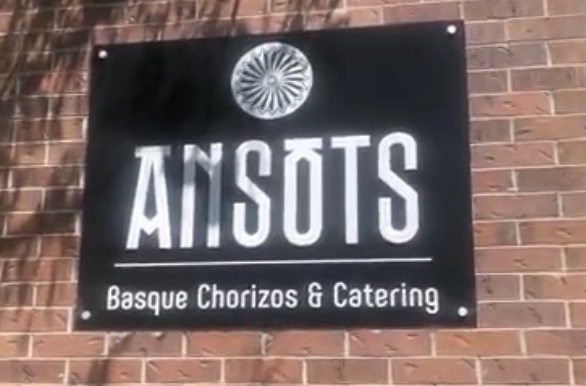
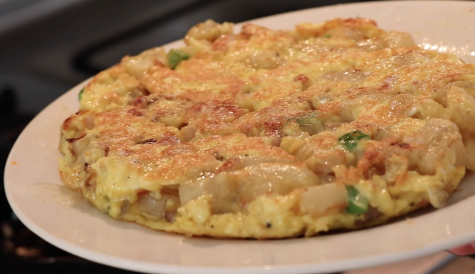
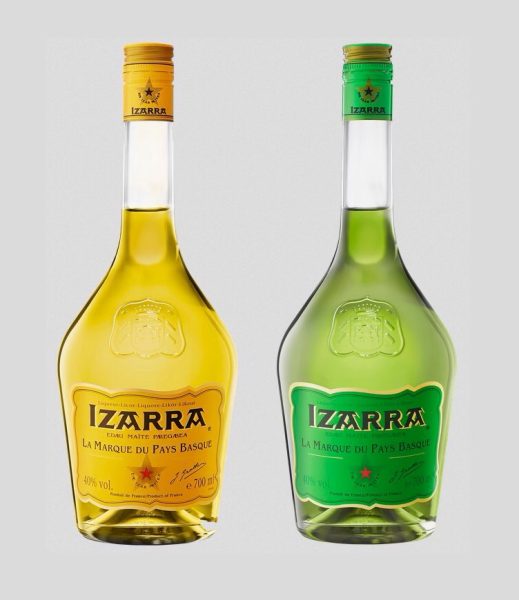
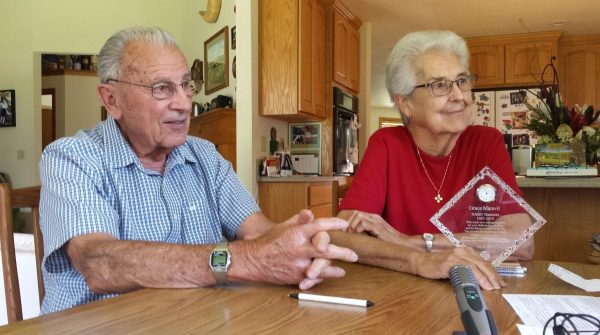
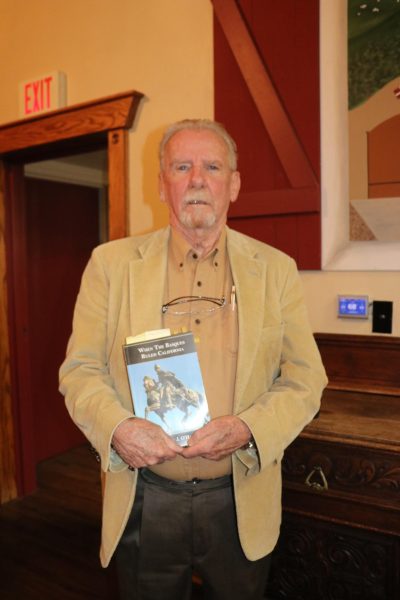
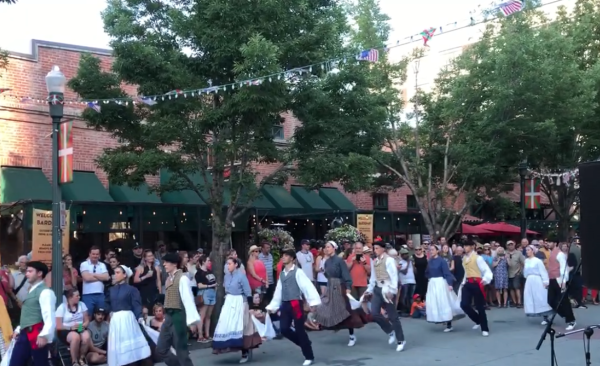
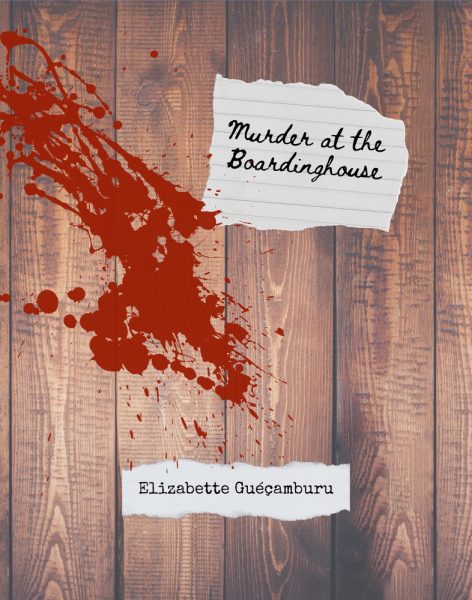
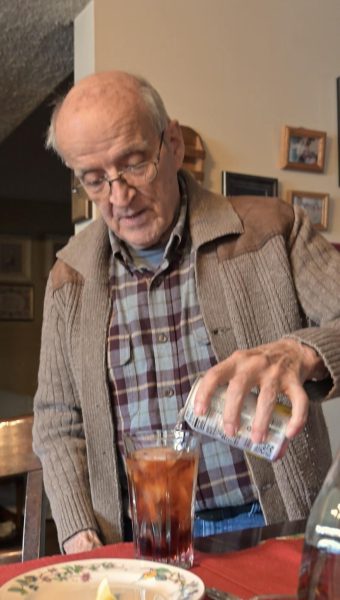

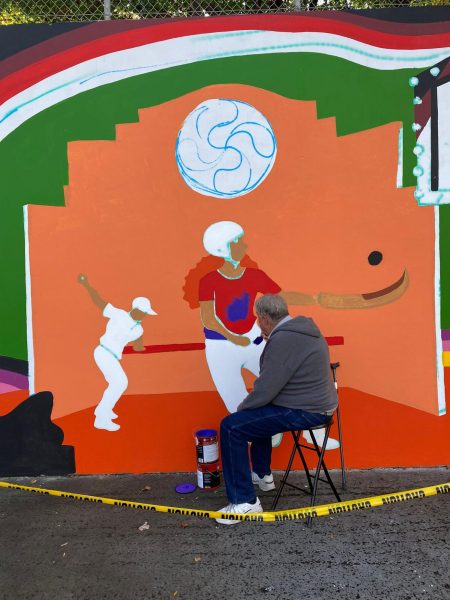
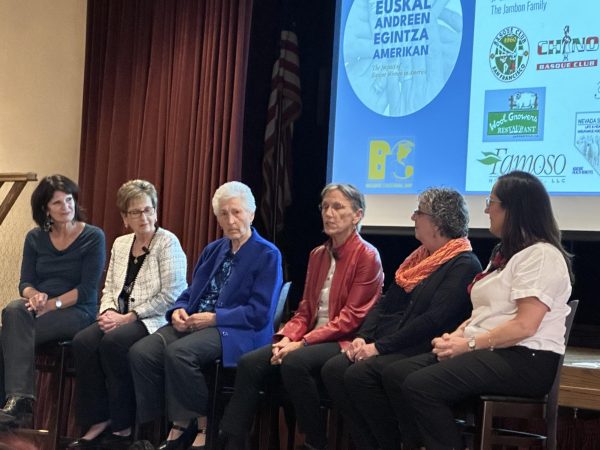

Pati Bierhaalder • Oct 31, 2010 at 4:46 pm
Oh, my heart is breaking. I just heard today about Steve’s passing, but I didn’t know you had closed the restaurant. I am thinking back on so many memories. Drinking coffee & brandy during the afternoon with my Mom, you and Frannie more years ago than I care to admit. Dinners with everybody. Your Mom sitting at the end of the bar and Pampi behind it. Scott & Lynn’s wedding reception. So many wonderful memories that will live in my heart forever. I love you all.
Sonnie Swenston • Oct 2, 2010 at 12:59 pm
How sad. I grew up in La Puente and went to Chalet Basque many times with my mom, then later with friends. I moved away, but when I returned to the area I’ve gone back a number of times. Somehow my brother never went, and I was going to take him there tonight. I’ll miss this place. The food, sure — but more so, the people. Thanks to them.
Nancy Zubiri • Sep 25, 2010 at 1:50 pm
Unfortunately, the Osowieckis closed Chalet Basque at the end of June after 48 years. Steve Osowiecki passed away in October 2010.
The Editors
Nov. 2010